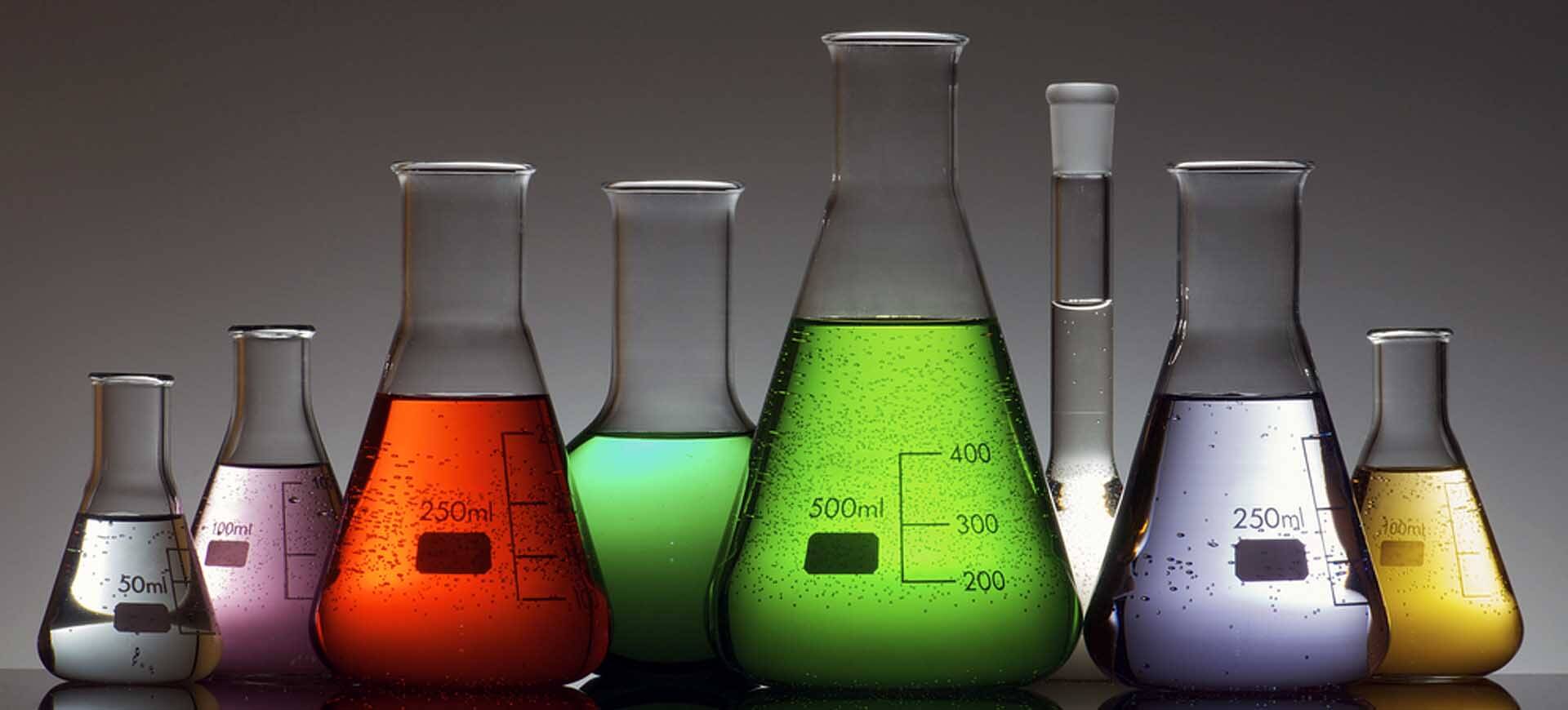ML in chemical Industry: Thriving in a hypercompetitive global market

What is the secret sauce that makes a chemical company thrive in the current hypercompetitive global market? Some companies looked for growth through acquisitions and this led to deals worth over $350B in 2016. But will that continue in 2018? The key question still remains unanswered - how do chemical companies gain profits in the current slow-growth markets? Thanks to machine learning (ML) solutions, now the chemical industry does not need to look any further.
The chemical industry manufactures a wide variety of products such as fertilizers, polymers, dyes, pigments, beauty products, soaps, detergents, and even explosives. ML solutions have potential to improve manufacturing of these wide range of products. Hence, business leaders are considering ML algorithms favorably. A recent survey suggested that companies in chemical industry plan to spend 5% of their annual revenues on digitization, including advanced technologies such as ML solutions. ML applications transform procurement, operations, and sales to increase revenues up to 25%.
ML implementation is useful in diverse areas.
For the chemical industry, ML implementation is useful in four broad areas:
Manufacturing: ML is primarily used for monitoring equipment and controlling applications in manufacturing. ML algorithms predict failures in equipment and also predict the necessary maintenance of equipment. This results in reduced down-time which in turn optimizes production.
Drug Design: Traditionally, drug designing is a long drawn complex process. But with ML tools such as self-organizing maps, multilayer perceptron, bayesian neural networks, and counter-propagation neural networks drug design has become less challenging process.
Compound classification: Chemists spend hundreds of hours in compound classification when it is done manually. Furthermore, it is prone to human error and thereby not cost-effective. ML applications are being used for classifying compounds.
Toxicity prediction: ML methods such as support vector machines (SVM) and artificial neural network (ANN) are widely popular to conduct R&D activities such as determining in vivo toxicity. Based on available in vitro bioassay data, ML applications can be designed to predict the toxicity of chemicals.

ML applications are also used by chemical companies in couple other areas supportive to manufacturing:
Demand prediction: For many chemical industries, the demand for products fluctuates throughout the year. For instance, the demand for oil keeps changing every month. To further complicate, demand planning processes can be inaccurate and hence, too expensive for a company. But demand planning is a critical process that is required in manufacturing. ML algorithms, developed by data science experts, are accurate and are well-suited for conducting demand prediction.
Workforce management: In chemical industry, skilled workforce is in great demand. Hence, hiring and retaining skilled employees is a challenge. Many companies focus on training managers, and employees to keep employee churn at a minimal level. ML applications are useful to predict workloads, identify departments with greater churn, predict employees who may leave.
Potential of artificial intelligence in chemical industry is its ability to predict parameters, that cannot be measured
Data science consulting companies such as BitRefine group offer solutions tailored for the client problem. A consulting company works closely with the client in the chemical industry to identify their immediate goals such as safety. Then the consulting company proposes ML solutions and obtain the relevant data from the client. The data is prepared for ML algorithms by replacing missing values, constants etc. The data science team builds ML tools and uses training datasets. When ML tools are ready for implementing, the data science team installs them at the client location. The data science consultants continue collaboration to monitor ML tools and their output.
In 2016, it was estimated that for the global chemical industry the growth in sales every year will be around 2.1%. To further increase sales and profit figures, the chemical industry needs to adopt ML technology at a rapid pace. As we welcome a new year, it is time to embrace new ideas and approaches for increasing profitability.

December 01, 2017 by Aditi Joshi
Related Solutions